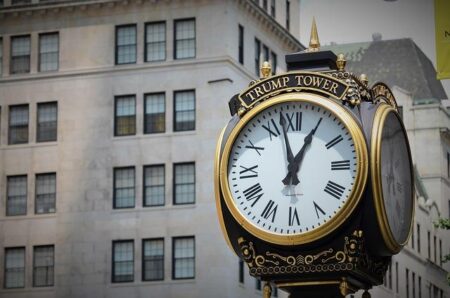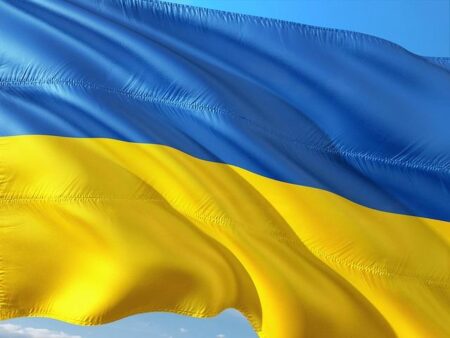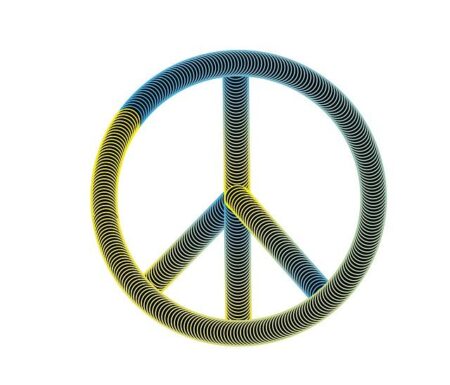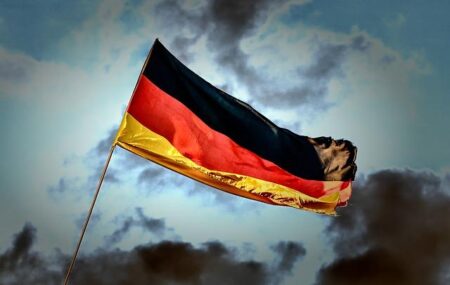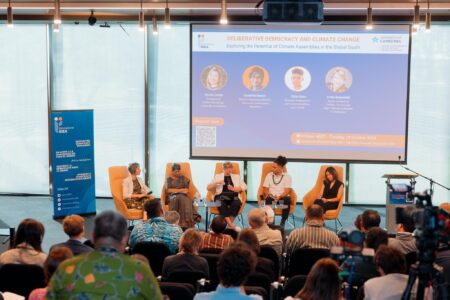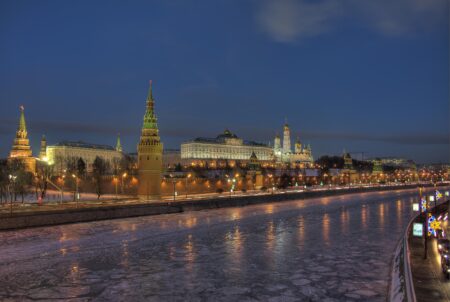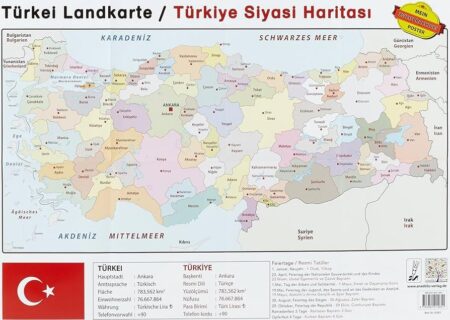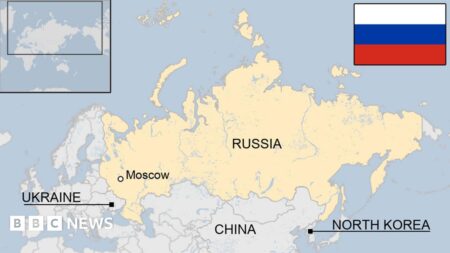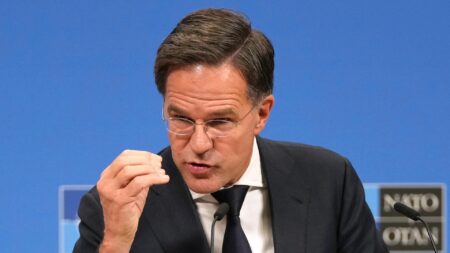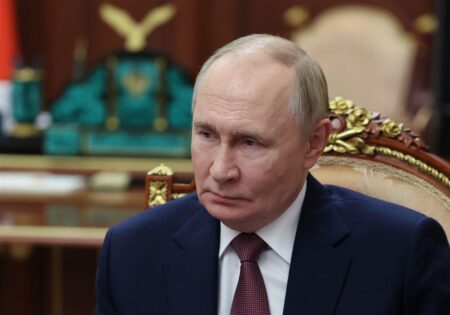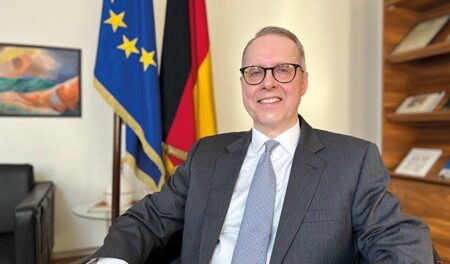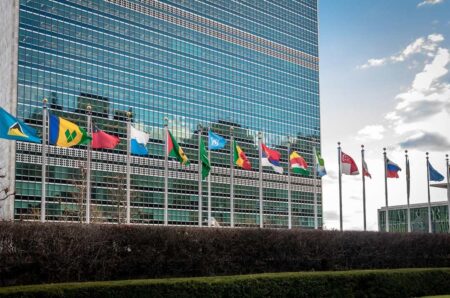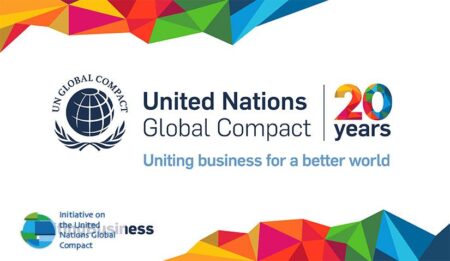A new article on War on the Rocks unveils an ambitious 15-point plan aimed at forging a lasting peace between Ukraine and Russia. This comprehensive proposal champions the strength of diplomacy, solid security guarantees, and a carefully crafted step-by-step strategy to end the conflict and rebuild stability
Browsing: conflict resolution
Former President Trump has unveiled a bold 28-point plan aimed at ending Russia’s war in Ukraine, blending diplomacy, economic tactics, and security guarantees. This provocative proposal is igniting debate with its unconventional path to peace
Recent Ukraine peace talks have ignited fresh hope for a breakthrough in ending the conflict, but experts warn that significant hurdles remain. Key issues like territorial disputes and security guarantees still pose major obstacles to achieving a lasting peace agreement
British Prime Minister has slammed parts of the leaked US-Russia Ukraine peace plan as “not acceptable,” raising serious concerns about its terms. These startling revelations add a new layer of complexity to the already tense diplomatic efforts, Anadolu Ajansı reports
The UK has reaffirmed its commitment at the UN Security Council to fully implement Resolution 2803, working hand in hand with all partners to achieve a just and lasting peace between Israelis and Palestinians, firmly rooted in a two-state solution
After intense talks in Geneva, Ukraine’s peace plan has been significantly scaled back, yet a breakthrough still feels out of reach. Both sides remain locked in a stalemate as diplomatic efforts continue amid the ongoing conflict
Former President Trump sharply criticized Ukraine for showing “zero gratitude” amid the ongoing conflict, while German officials warned that a deal to end the war is unlikely to be reached before Thursday’s fast-approaching deadline, escalating tensions further
Japan, Canada, and several European nations have voiced strong concerns over the U.S. peace plan for Ukraine, cautioning that it might undermine regional stability and put key stakeholders’ interests at risk, nippon.com reports
Germany has reignited arms sales to Israel following the recent Gaza ceasefire, underscoring its strong commitment to strengthening Israel’s defense capabilities. This move marks a significant shift in Germany’s position amid the ongoing regional tensions
The United Kingdom boldly cast its vote in favor of the UN Security Council resolution, marking a pivotal step forward in advancing the Peace Plan for Palestinians, Israelis, and the entire region-demonstrating its unwavering commitment to building lasting peace and stability
The Toda Peace Institute highlights thrilling new opportunities for India, Germany, and Australia to unite in creating groundbreaking strategies that tackle climate change, peace, and security challenges-opening the door to enduring global stability
The Kremlin reaffirmed Russia’s commitment to ending the war in Ukraine but warned that the peace process has come to a halt. Officials highlight ongoing disagreements and external pressures as major obstacles, urging a renewed surge of diplomatic efforts to break the deadlock
Turkey’s President Erdogan has made an urgent plea to Germany, calling on them to stand against what he describes as Israel’s “genocide” in Gaza. He passionately urges the global community to take immediate action and put an end to the ongoing violence, reports Al Jazeera
Russia declared that peace talks with Japan will move forward only if Tokyo abandons its “anti-Russian course,” Reuters reports. This firm stance highlights the intense tensions over disputed territories and the delicate state of diplomatic relations between the two nations
Dutch Prime Minister Mark Rutte has singled out former U.S. President Donald Trump as the “only one” capable of brokering a ceasefire between Ukraine and Russia, highlighting Trump’s unique influence as the key to unlocking stalled peace talks
The much-anticipated Trump-Putin summit has been abruptly canceled after Russia rejected a U.S. call for a ceasefire. This unexpected turn highlights the escalating tensions between the two nations, dimming hopes for diplomatic breakthroughs
The German ambassador passionately called on North and South Korea to “avoid war” and reduce tensions, highlighting the urgent need for diplomatic efforts to soothe hostilities and build lasting peace on the Korean Peninsula, according to Korea JoongAng Daily
Spain has officially joined “The Hague Group,” a dynamic coalition committed to holding Israel accountable for alleged violations in occupied territories, marking a bold move that intensifies international efforts to demand justice
At UNGA 2025, the King of Spain delivered a powerful plea to Israel, urging them to “stop this massacre now.” He emphasized the critical urgency of halting the escalating violence in Gaza, calling for an immediate ceasefire and rapid humanitarian aid to protect innocent civilians and pave the way for lasting peace in the region
Dozens of nations have thrown their support behind France’s bold new Mideast peace plan, sparking hope for an end to decades of conflict. However, with crucial players still absent from the negotiations, doubts remain about whether this ambitious vision can truly bring lasting peace


